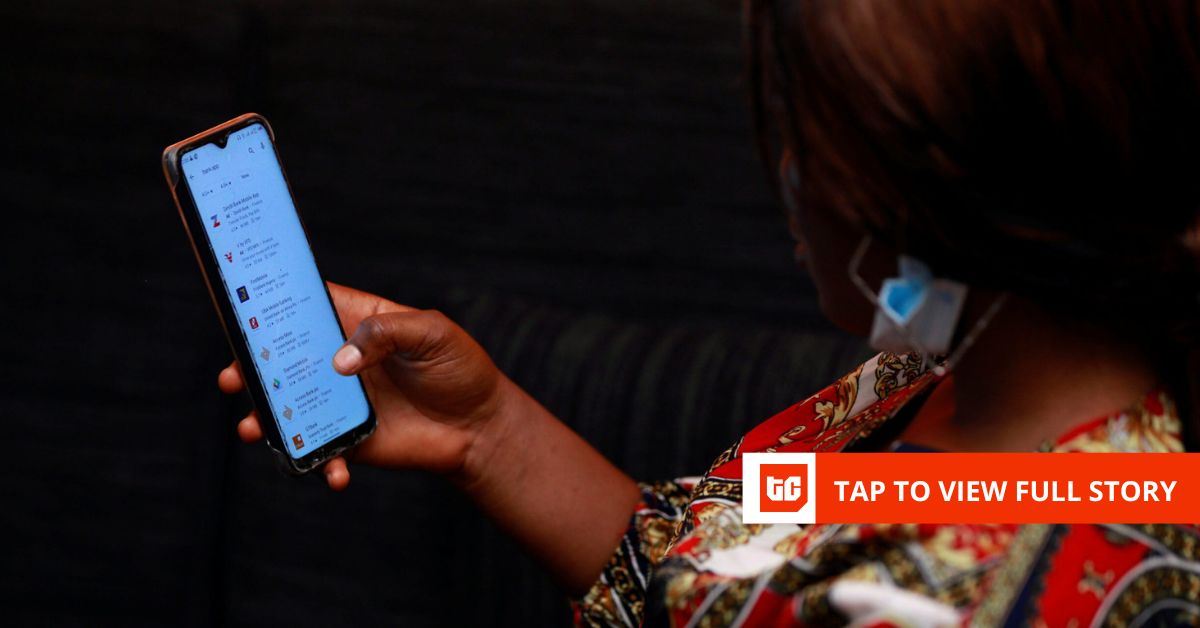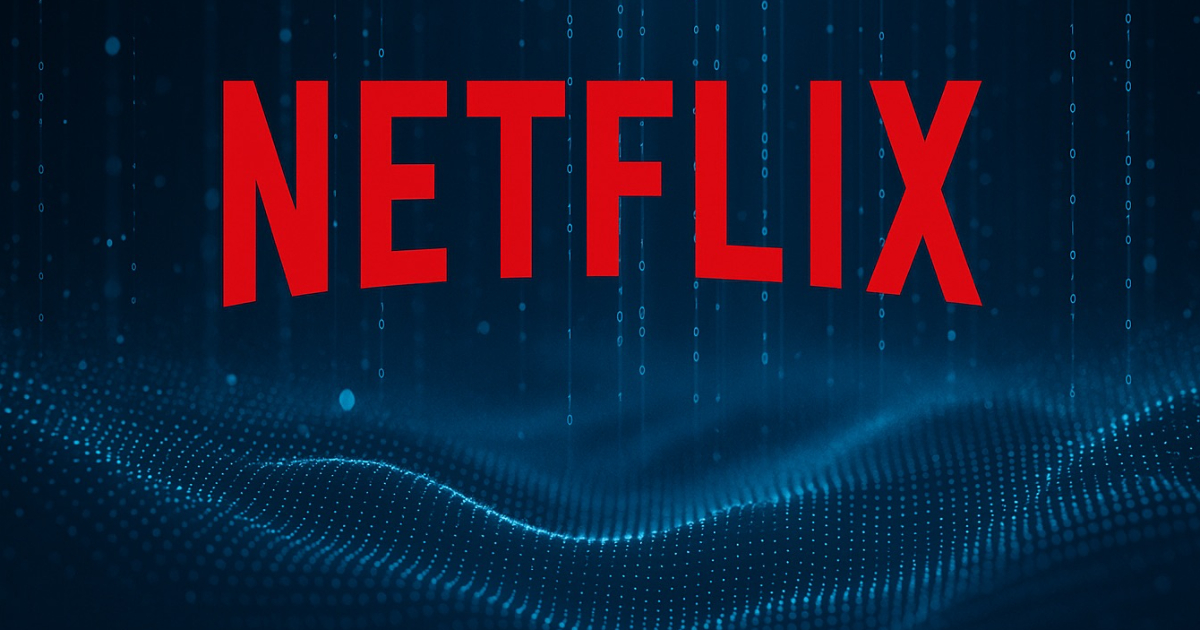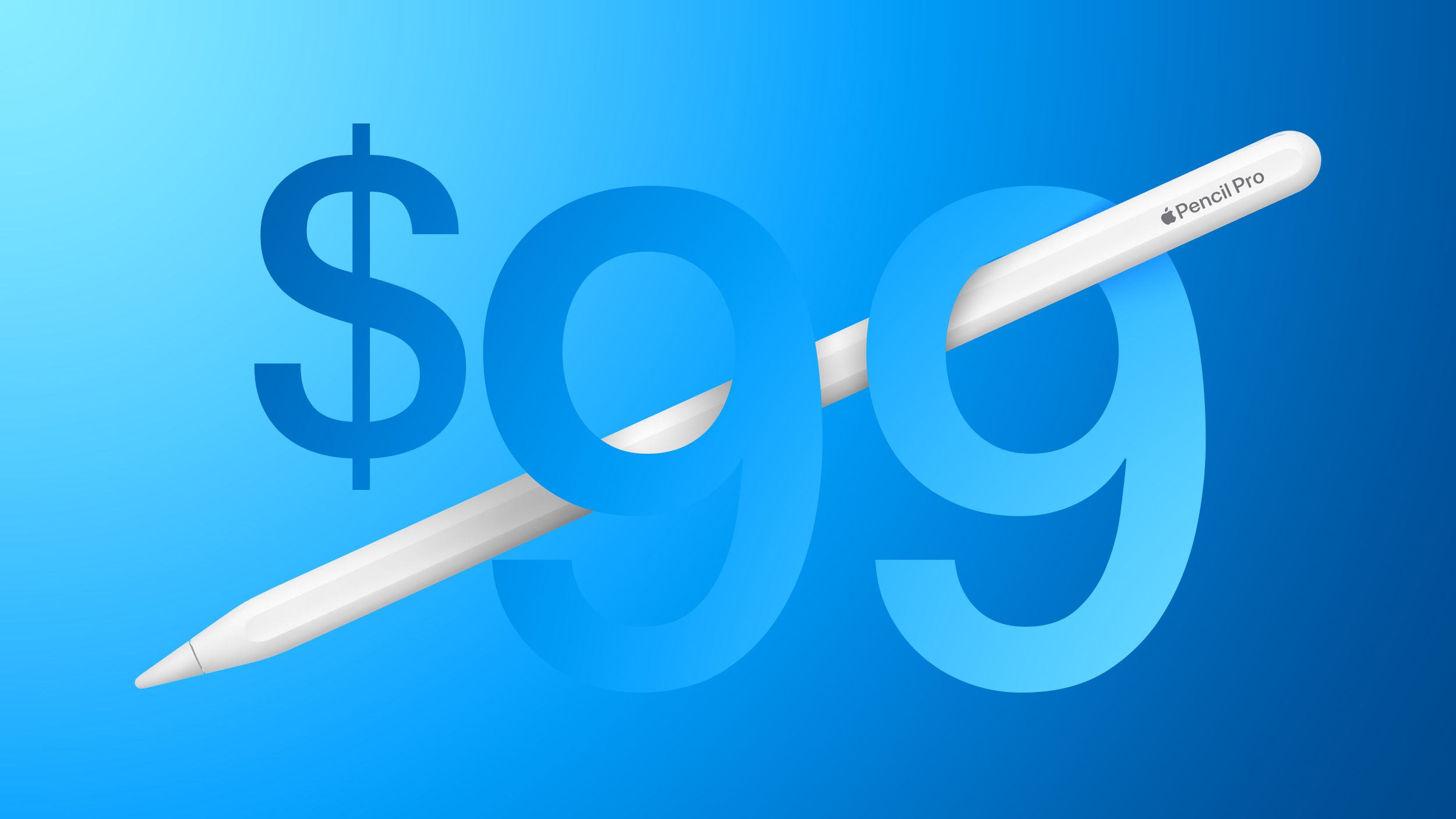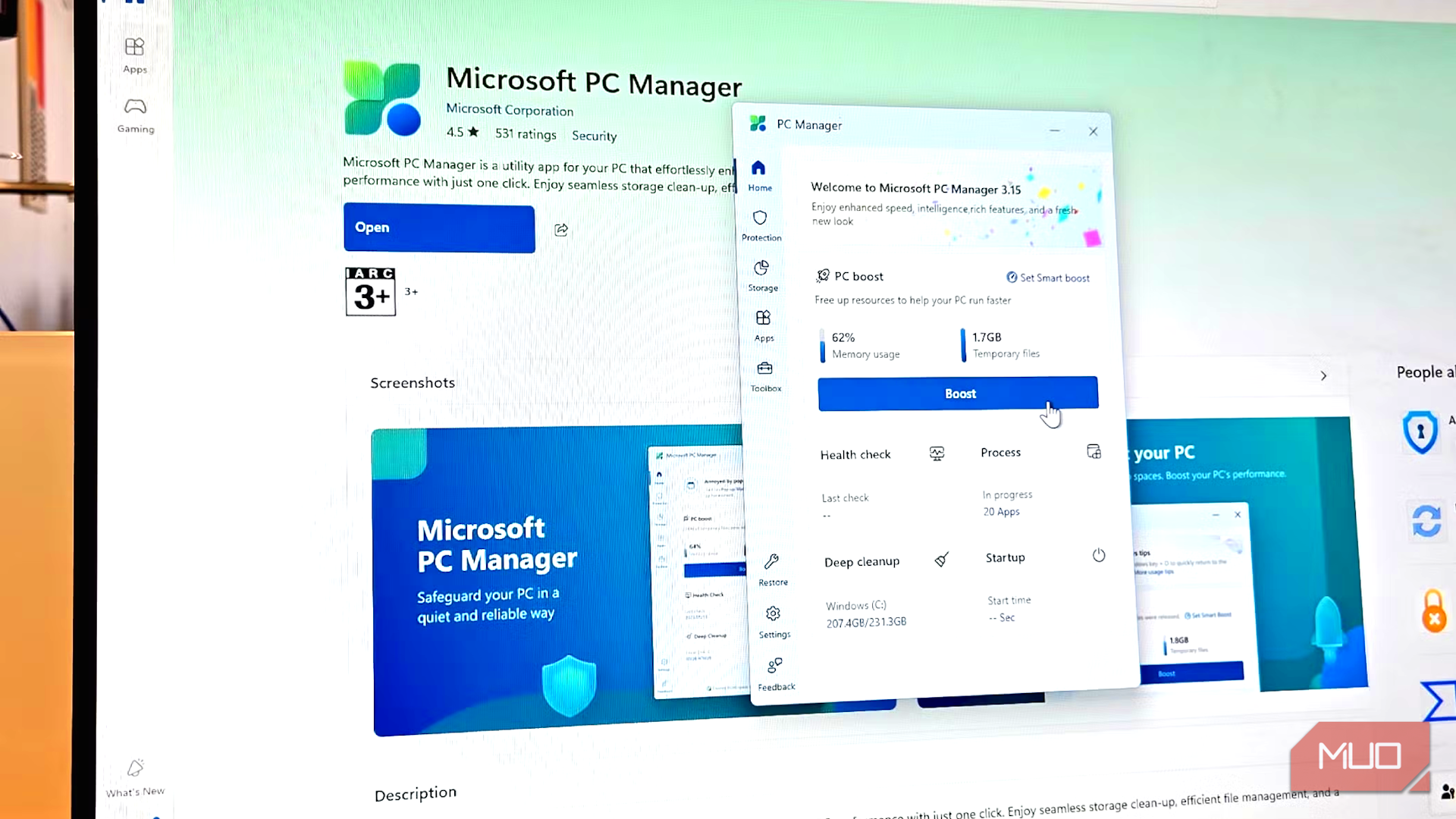This is Follow the Money, our weekly series that unpacks the earnings, business, and scaling strategies of African fintechs and financial institutions. A new edition drops every Monday.
The first time Adepeju Adenuga, an English PhD student, heard about Opay was during Nigeria’s cash crunch in 2023.
“I was trying to make a transfer with my banking app, but it wasn’t even opening because of the cashless chaos at the time. It was the vendor I was trying to buy something from that told me to download Opay,” she said. Since then, Opay has become her go-to banking app for micro-transactions.
For Bolu Omotayo, a journalist, it was a bank glitch in 2024 that made her switch to OPay. “I couldn’t access my salary for about a week, but someone told me about a feature on the app,” she recalled. “You can link another bank’s card to your OPay account and transfer money between third-party banks using the OPay app. That is what saved me.”
Adenuga and Omotayo are not isolated cases. Each banking failure has pushed more Nigerians toward OPay or PalmPay. That steady shift helped drive mobile money (MMO) transactions to ₦20.71 trillion ($13.49 billion) in the first quarter of 2025, according to data from the Nigeria Inter-Bank Settlement System (NIBSS).
This is a 1,518.64% increase from the ₦1.28 trillion ($833.43 million) recorded in Q1, 2021. Given that Q1 had 90 days, this works out to ₦230.09 billion ($149.89 million) daily, ₦9.59 billion ($6.25 million) per hour, ₦159.78 million ($104,091) every minute, and ₦2.66 million ($1,734) per second in Q1 2025.
Despite this growth, MMO transactions still pale in comparison to the ₦284.99 trillion ($185.66 billion) conducted through instant transfers via traditional banking channels in the same period.
17 companies are licensed by the Central Bank of Nigeria (CBN) to operate as mobile money operators, but OPay and PalmPay dominate. “OPay and PalmPay are the most prominent non-MNO-led mobile money providers and have gained significant market share in Nigeria since receiving their MMO licence,” stated GSMA, the global telecom industry body.
How they won
OPay and Palmpay rode a mix of timing, strategy, and luck. They tapped into Nigeria’s mobile boom, offering free and fast transfers in their early years, then heavily discounted rates as they matured. They gained credibility during moments when banks broke down, like the CBN’s failed naira redesign and withdrawal policy in 2022, and repeated bank glitches in 2024.
Their growth also mirrors a global trend. In 2024, mobile money transaction values rose by 15% to $227 billion, with Sub-Saharan Africa still the epicentre of growth.
More than a third of new active accounts in 2023 came from West Africa, driven by Nigeria, Ghana, and Senegal. Unlike East Africa, where telcos like Safaricom’s M-Pesa led growth, West Africa’s fintech boom has largely been driven by non-MNO players like OPay and PalmPay.
The beginning
OPay began operations in 2010 as PayCom Nigeria Limited, a mobile money platform incubated by Telnet (Nigeria) Limited. But it wasn’t until 2018, after Opera — owned by Chinese billionaire Yahui Zhou—acquired it, that it became a household name.
Opera currently owns 9.4% of the company, with its stake valued at $258.3 million in 2024, placing OPay’s valuation at $2.75 billion.
PalmPay launched in 2019 with a $40 million seed round led by Chinese mobile phone maker Transsion. This partnership gave the company a powerful distribution advantage, with its app preinstalled on Tecno, Infinix, and Itel smartphones, the dominant brands in Nigeria.
OPay won the hearts of many Nigerians with its super app approach, offering numerous services. Its bike-hailing arm was particularly popular. However, a 2020 ban on bike rides in Lagos forced the company to focus exclusively on fintech, leveraging its vast agent network.
PalmPay’s Transsion partnership gave it a ready-made user base, helping it grow to over 35 million. By 2023, Transsion and Xiaomi accounted for 85% of smartphone shipments into Nigeria, according to Canalys.
Agents, trust, and scale
Both companies grew aggressively by investing in agents. By 2023, OPay had over 500,000 agents, and PalmPay claims to have over one million.
Mobile money agents serve as retail outlets and trust bridges. In areas with low smartphone penetration, they process deposits, withdrawals, airtime purchases, bill payments, and help with transfers. They are also the face of these companies in places where they do not have physical locations.
These agents were able to help OPay and PalmPay expand aggressively by onboarding unbanked users with lower know-your-customer (KYC) requirements, in line with the CBN’s goal of increasing financial inclusion.
Free transfers work
OPay offered free transfers until June 2023, after which it charged ₦10 after the third transfer daily. PalmPay implemented the same strategy, introducing the ₦10 fee after years of offering free transfers.
Having deep-pocketed investors made this sustainable. Opay has raised $570 million so far, while PalmPay has raised $140 million.
CBN’s fumble, fintechs gain
The CBN’s naira redesign in 2022 was meant to push Nigerians toward cashless payments. Instead, it exposed the fragility of banks’ systems as transaction failures spiked, ATMs ran dry, and banking apps crashed.
OPay and PalmPay benefited heavily from these glitches. By March 2023, they were Nigeria’s most downloaded finance apps. By October 2023, OPay was the country’s most-downloaded app. Having agile IT infrastructures due to their fintech-first approach enabled them to rapidly scale capacity.
This also translated to revenue boosts. PalmPay’s revenue rose to $63.90 million in 2023, a 31,850% increase from $0.20 million in 2020. OPay’s revenue numbers remain undisclosed, but it reported 10 million daily active users and 100 million daily transaction volumes in 2024.
In 2025, Chika Nwosu, the managing director at Palmpay, recently disclosed that the firm now processes 15 million daily transactions with a 99.5% success rate.
“Mobile money wasn’t always perceived as viable, but we identified a core problem: system reliability, especially for simple things like free and seamless transfers,” he said in May. “So we invested in technology that’s efficient and reliable.”
Betting on cards
OPay and Palmpay are betting on cards to reach the semi-digital and offline majority. Their push is less about competing with banks and more about providing options to their user base.
“Not every user is a young, digital-first Lagosian. Some live in towns with limited phone access or want the flexibility to shop online,” Sofia Zab, Palmpay’s chief marketing officer, noted. “If we want to serve every Nigerian, we need to build for every Nigerian, and that includes access points such as our app and also our agents, USSD, and now cards.”
Palmpay aims to issue 5 million cards before the end of 2025. In 2024, OPay and Moniepoint (another fintech) were responsible for distributing 17 million cards.
Financial inclusion, the ultimate goal
MMO providers have impacted financial inclusion, which stood at 64% in 2023, according to Enhancing Financial Innovation and Access (EFInA), while boosting the use of digital payments.
“There is still a gap in the number of the adult population that is unbanked, and this responsibility falls on fintechs,” Nwosu said during a recent TV interview.
However, their success has led to regulatory scrutiny. In 2024, regulators froze onboarding for six weeks over compliance gaps in anti-money laundering (AML) and fraud prevention standards, and fined some fintechs, including OPay, ₦1 billion after an audit revealed compliance issues.
They have since tightened know-your-customer (KYC) and compliance frameworks to regain trust. The growth of MMOs has been a net positive to the financial ecosystem, but many still treat them as conduits for cash rather than long-term stores of value. Changing that perception and convincing Nigerians to save, invest, and borrow with them remains their toughest challenge yet.
Mark your calendars! Moonshot by is back in Lagos on October 15–16! Join Africa’s top founders, creatives & tech leaders for 2 days of keynotes, mixers & future-forward ideas. Early bird tickets now 20% off—don’t snooze! moonshot..com











